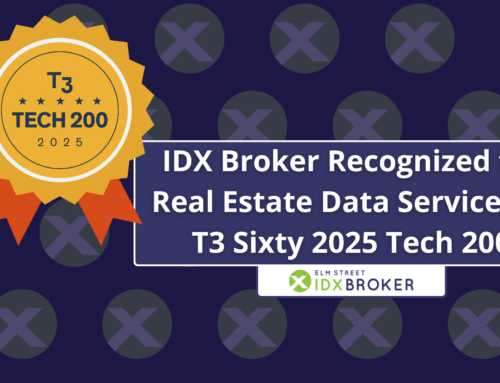In the competitive world of real estate, it is essential to have a strong online presence. Search Engine Optimization (SEO) is a key tool. It helps boost your visibility and reach potential clients. This Real Estate SEO Guide will help you optimize your website and content so you can rank higher in search results and attract more qualified leads.
Whether you’re new to SEO, or just looking to refine and enhance your performance, here are the four key things to focus on:
Research Relevant Keywords
- Identify relevant keywords for your target audience: Put yourself in the shoes of potential clients and brainstorm the terms they might use when searching for real estate services online. Consider their demographics, interests, and pain points.
- Use keyword research tools to find high-volume, low-competition keywords: Use keyword research tools to find high-volume, low-competition keywords. For example, try Google Keyword Planner, SEMrush, or Ahrefs. These tools help you discover search terms with strong volume and lower competition. This will increase your chances of ranking higher in search results.
- Focus on location-based keywords: Since real estate is inherently local, prioritize keywords that include the names of your target cities, neighborhoods, or regions. For example, “homes for sale in Portland, Oregon,” “condos for rent in downtown Seattle,” or “luxury real estate in Beverly Hills.”
Level Up Your Content
- Develop high-quality, informative content about local real estate: Create content that is valuable, engaging, and relevant to your target audience. This could include blog posts, articles, guides, infographics, videos, and more.
- Use images and videos to enhance content: Visual content can make your website more appealing and engaging. Include high-quality images of properties, virtual tours, and videos that showcase your listings and local area.
- Update your content regularly: Keep your website fresh and relevant by regularly publishing new content and updating existing pages.
Optimize for Mobile
- Provide a mobile-friendly real estate experience: More than half of all home searches are conducted on mobile devices. Nowadays, more than half of all home searches are conducted on mobile devices. More than half of all home searches happen on mobile devices. So, it’s important to optimize your site for mobile browsing. IDX Broker offers powerful mobile-responsive features to help with that.
- Use responsive design: Responsive design allows your website to adapt to different screen sizes, providing a seamless user experience on desktops, laptops, tablets, and smartphones.
- Test mobile usability: Regularly test your website’s mobile usability to identify and fix any issues that could negatively impact the user experience.
Stay Secure
- Use HTTPS: HTTPS (Hyper Text Transfer Protocol Secure) encrypts data between your site and visitors. This protects sensitive information and builds user trust.
- Implement security measures to protect your website: Take steps to protect your website from hackers and malware by implementing security measures like firewalls, strong passwords, and regular backups.
- Keep software and plugins updated: Regularly update your website’s software, plugins, and themes to ensure they are secure and free of vulnerabilities.
Remember that SEO is an ongoing process – there is no “set it and forget it.” However, by consistently implementing these strategies and monitoring your results, you can improve your website’s visibility, attract more qualified leads, and ultimately grow your real estate business. This Real Estate SEO Guide is just the beginning—consistent effort leads to lasting results.
Ready to take your SEO to new heights? Take a Tour of IDX Broker and see how easy it is to launch a website built for visibility, lead generation, and long-term success.





